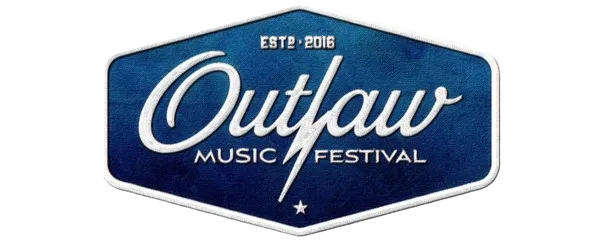Willie Nelson joins Shooter on long-awaited Waylon doc film
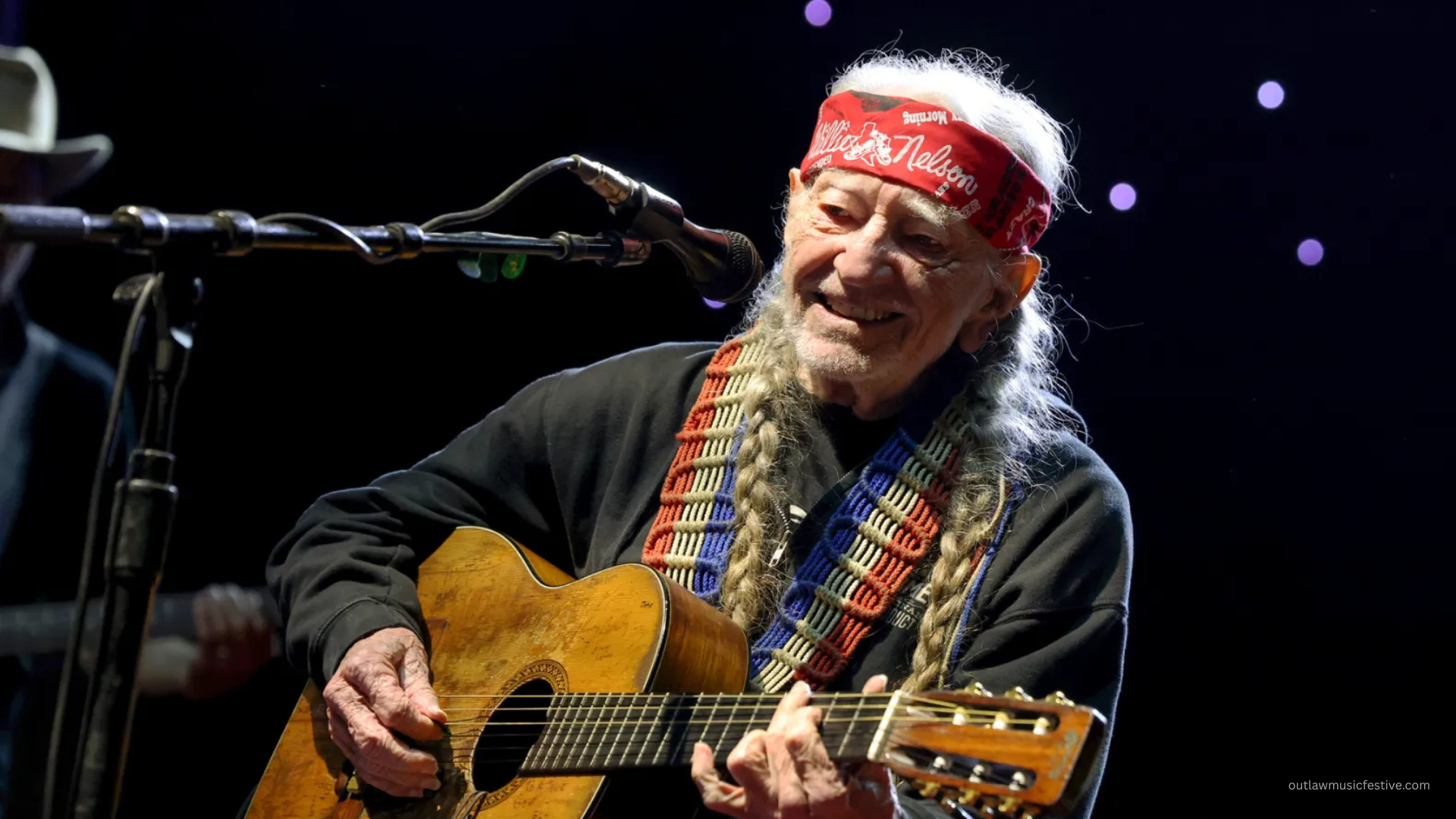
Quick read — what you need to know
- 1 Shooter Jennings confirms a new Waylon documentary is underway, with Willie Nelson already interviewed.
- 2 The film explores Waylon’s outlaw legacy, his bond with Willie, and why his influence still drives country music today.
- 3 Expect rare footage, Songbird-era material and fresh commentary from artists who knew him best.
- 4 No release date yet — follow Shooter and official updates as the documentary moves toward completion.
Shooter Jennings didn’t set out to break the internet this week, but that’s more or less what happened when he casually confirmed that the long-rumored official Waylon Jennings documentary is finally underway — and that Willie Nelson has already sat for his interview.
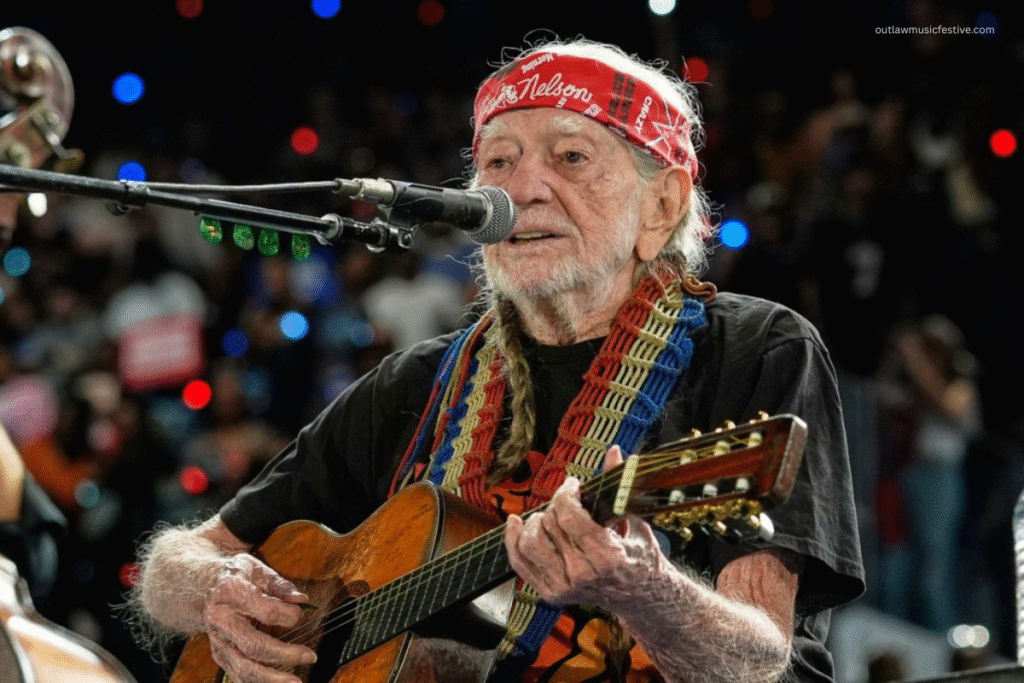
For fans of real-deal country music, of the dusty, bruised, beautifully stubborn outlaw sound that shaped modern Americana, this is the kind of news that feels like a jolt to the heart. Waylon’s story has always deserved the full cinematic treatment, and the fact that Willie is here — steady, sharp, ninety-two and still carrying the torch — gives the project the gravitas only family can provide.
As Outlaw Music Festival culture continues to shape the modern live landscape, the timing couldn’t be more fitting. A new generation is discovering what the elders built, and Waylon’s voice — his grit, his defiance, his soul — is once again echoing through the places where country finds its roots.
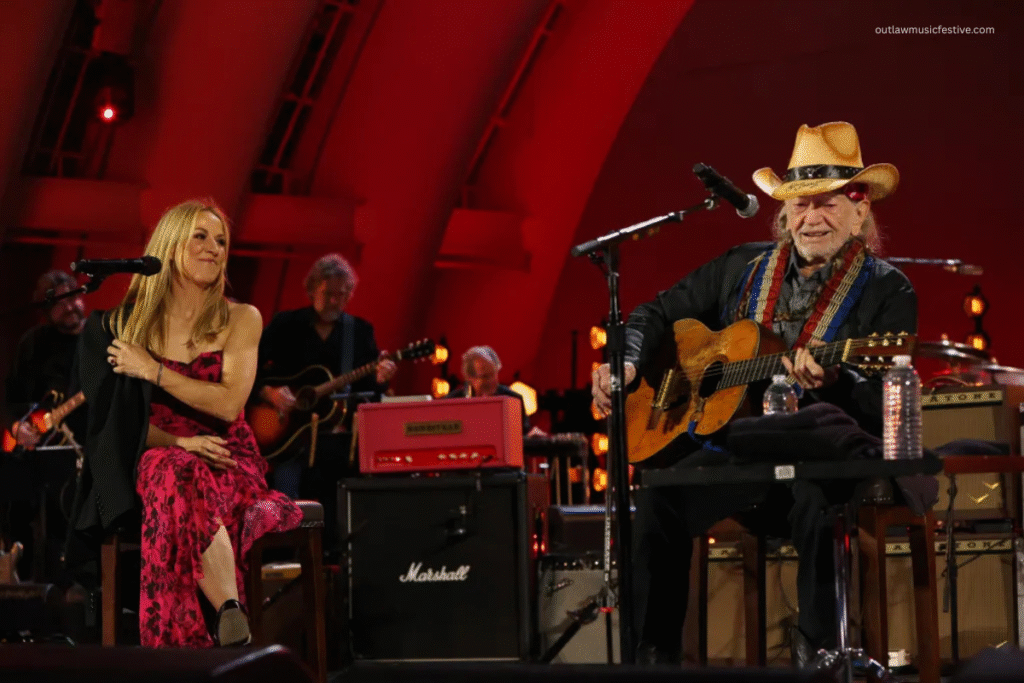
Shooter Jennings Confirms A Waylon Documentary
The confirmation arrived the same way so many outlaw-country revelations tend to: straight from Shooter himself, answering a fan question on X with no hype or ceremony.
@shooterjennings
— Fantasy Maestro (@FantasyMaestro_) November 8, 2025
With all the bad movies & documentaries about folks I don’t care about
How about a DocuMovie about Waylon?
“Are Ya Sure Hank Done It This Way”
The stories of that song & Outlaw You
The battle with Nashville
The early days of Outlaw Country
Just a thought
“There is an official Waylon documentary underway with my good friend Greg Olliver directing,” he wrote. “Willie was interviewed yesterday.”
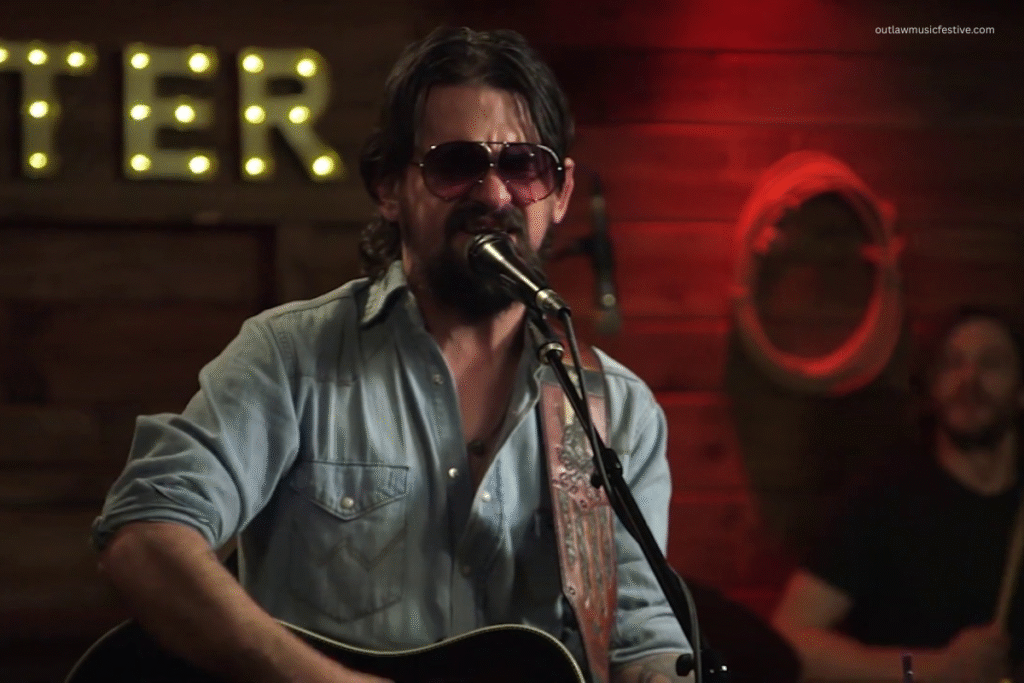
With that brief reply, Shooter opened the door to something fans have waited decades to hear — a focused, respectful, deeply sourced look at one of the most important American musicians of the twentieth century.
Shooter also revealed that Olliver has been documenting his work on the posthumous Waylon albums, including Songbird and the two future archival releases. It’s an unusually intimate angle for a music documentary, showing Waylon’s legacy not as a fixed monument but as something still unfolding, still evolving, still being cared for.
Why Waylon’s Story Hits Different in 2025–2026
The return of the outlaw sound — from Tyler Childers to Sturgill Simpson, Zach Bryan, Colter Wall, Charley Crockett, and even the roots of the modern festival circuit — has brought Waylon Jennings back into urgent cultural focus.
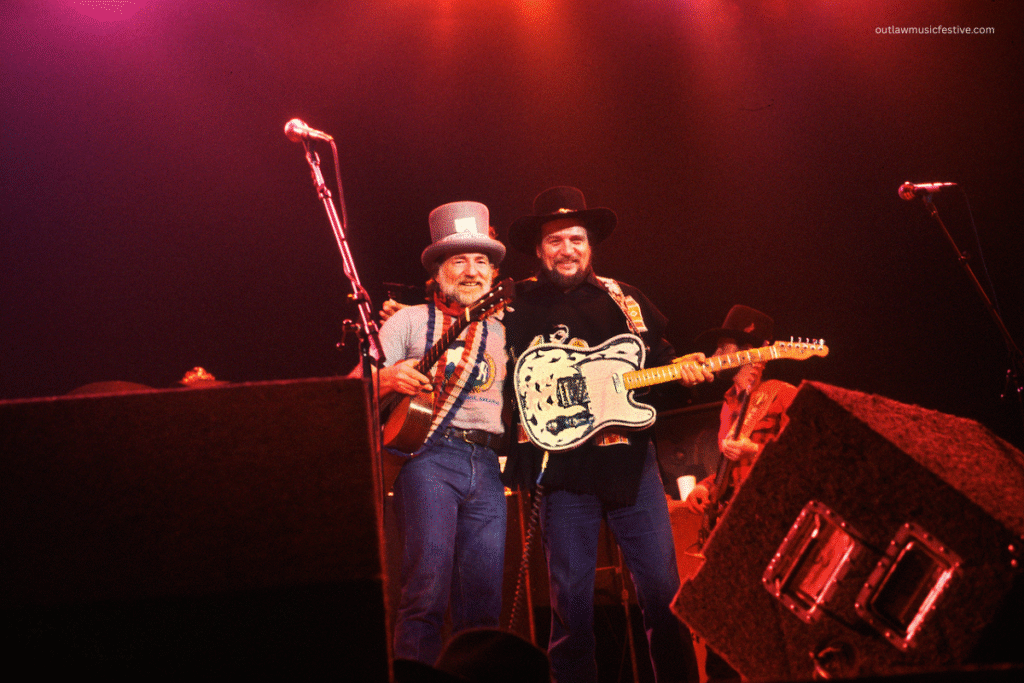
You hear flashes of his phrasing in young writers trying to carve out their songwriting identity. You hear the honesty, the bite, the refusal to bend toward polite radio formulas. Waylon’s fingerprints are everywhere — in the revival of cosmic country, in the resurgence of independent touring bands, in the hunger for something that feels handmade and lived-in.
So when Shooter talks openly about how much new material still sits in the Jennings archive, or when Willie Nelson lends his blessing to the documentary, it isn’t nostalgia. It’s part of this bigger cultural moment where the outlaw ethos is leading the charge once more.
For readers of OutlawMusicFestive.com, this is the connective tissue — the roots of the movement that today fills amphitheaters from Texas to Colorado.
Greg Olliver Takes the Wheel
Greg Olliver’s name matters here.
His documentary Lemmy didn’t try to sand the edges off the Motörhead frontman. It didn’t flatten him into a legend-on-a-pedestal. It let him be human — contradictory, complicated, vulnerable, and hilarious. That style is exactly what a Waylon Jennings film requires.
Olliver’s work on Chasing Whiskey also showed a knack for weaving American cultural history into a singular story. If he approaches Waylon through the lens of the broader outlaw era — the Texas bars, the Nashville standoffs, the burn-bright creativity of the ’70s — he may finally give the genre the definitive portrait it deserves.
And with Willie Nelson interviewed early in the process, it’s clear Olliver intends to anchor the documentary with the people who lived that life alongside Waylon, not the commentators who came long after.
Willie Nelson’s Voice Carries a Different Weight
Willie Nelson has told the Waylon stories many times — the Highwaymen tales, the late-night phone calls, the stubborn streak they shared, the brotherhood that came from being outsiders even when they were global stars.
But in the context of a full documentary? In the twilight years of his own legendary run? His voice lands differently. It’s lived history speaking directly to the camera.
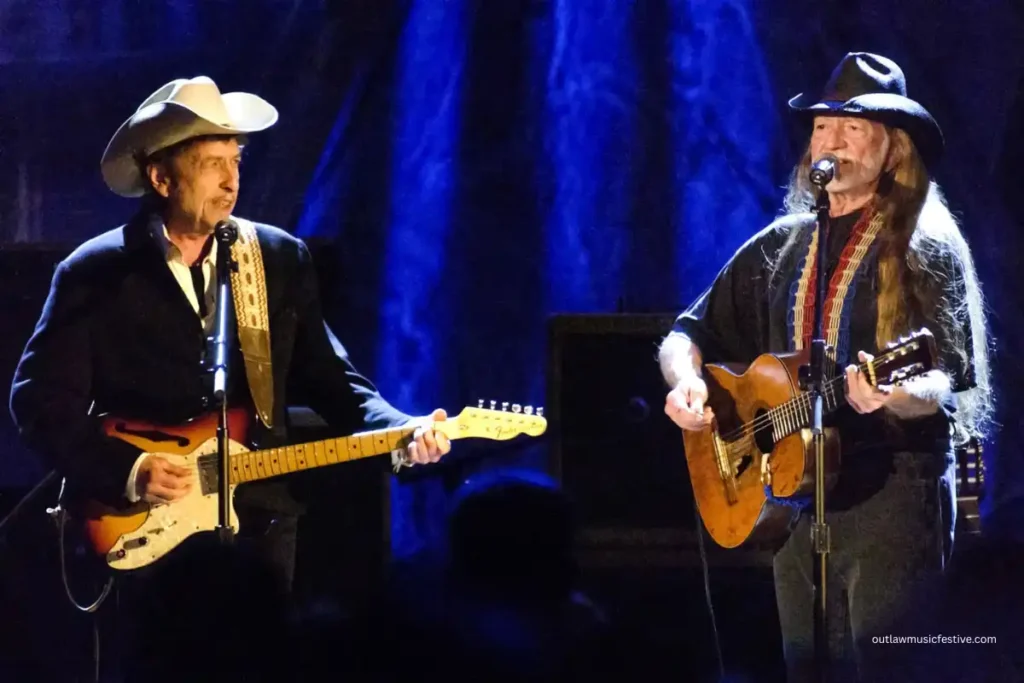
Willie is one of the last remaining architects of the outlaw country explosion. When he talks about Waylon — about the punch of that Telecaster, or the way Waylon could command a room with a single glance — it becomes part of the record. It becomes the kind of testimony that future generations will rely on.
It also brings the story full circle for fans who have watched Willie headline the Outlaw Music Festival every summer, carrying the spirit of that era into new towns and new crowds.
The Songbird Tapes: How Shooter Found a New Chapter in His Father’s Story
The Songbird album, released earlier this year, is the first of three posthumous records built from largely finished recordings Waylon tracked between 1973 and 1984. Shooter didn’t remix his father into something modern. He let the tapes breathe, keeping the vocals raw and the arrangements as Waylon intended.
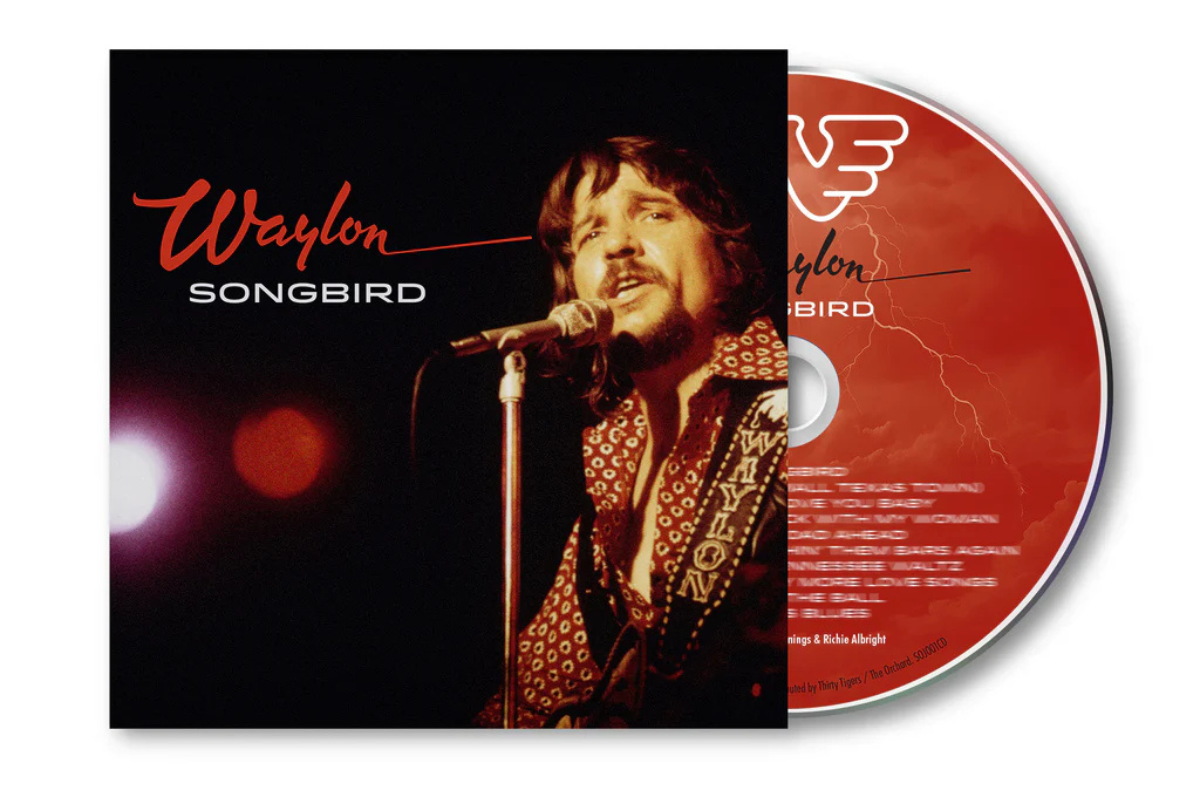
The story goes that he stumbled onto these tapes while digging through boxes of archives — dusty, forgotten, and nearly complete. They weren’t the scraps or demos many artists leave behind. They were songs Waylon had meant to finish but never released.
Working on them, Shooter said, changed his understanding of his father’s creative life. And that evolution — a son discovering his father anew — is exactly the kind of emotional backbone a strong documentary can build from.
Fans have embraced Songbird for this reason. It’s not just a posthumous release. It’s a bridge between generations.
A Wave of Excitement Across the Outlaw Community
If you’ve spent any time in the outlaw-country corners of social media, you’ll know the reaction: pure electricity.
Longtime fans are calling this documentary “overdue,” “essential,” and “the film that will finally get it right.” Newer fans — raised on vinyl reissues, YouTube bootlegs, and 90s-country rediscovery — see it as a chance to understand the man behind the myth.
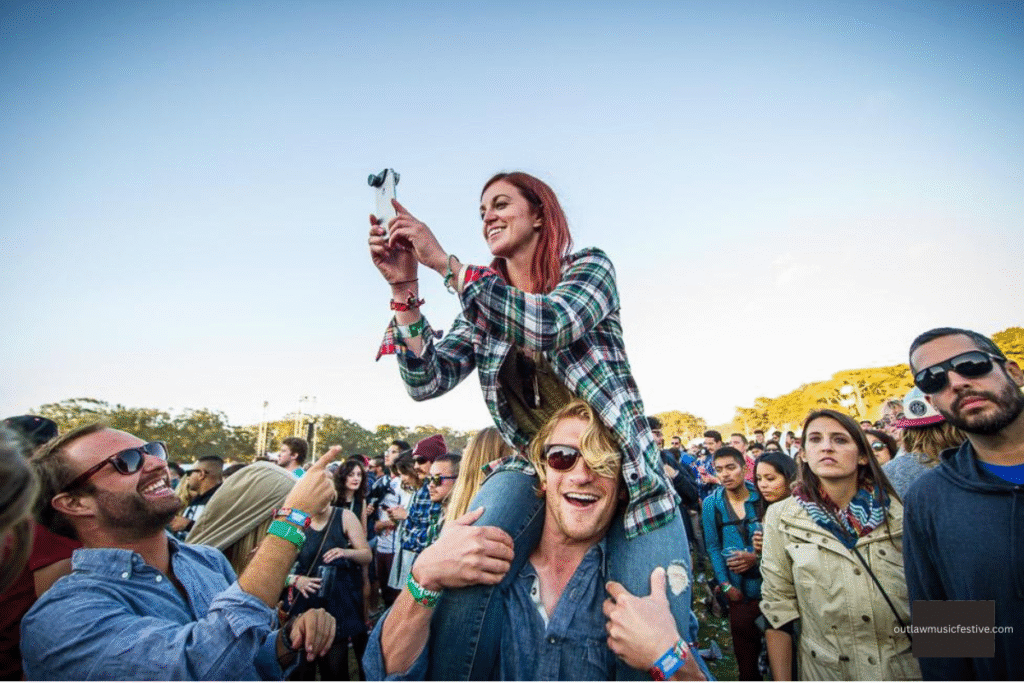
Even Americana critics have weighed in, noting how perfectly timed the project is. Waylon’s story isn’t just history. It’s a blueprint for the current explosion of independent, genre-blurring artists.
And with Willie Nelson involved, the emotional stakes rise even higher.
Willie, Shooter, and the Outlaw Music Festival Connection
While Waylon never lived to see the modern Outlaw Music Festival, his presence is everywhere in it — from its eclectic lineups to its spirit of independence.
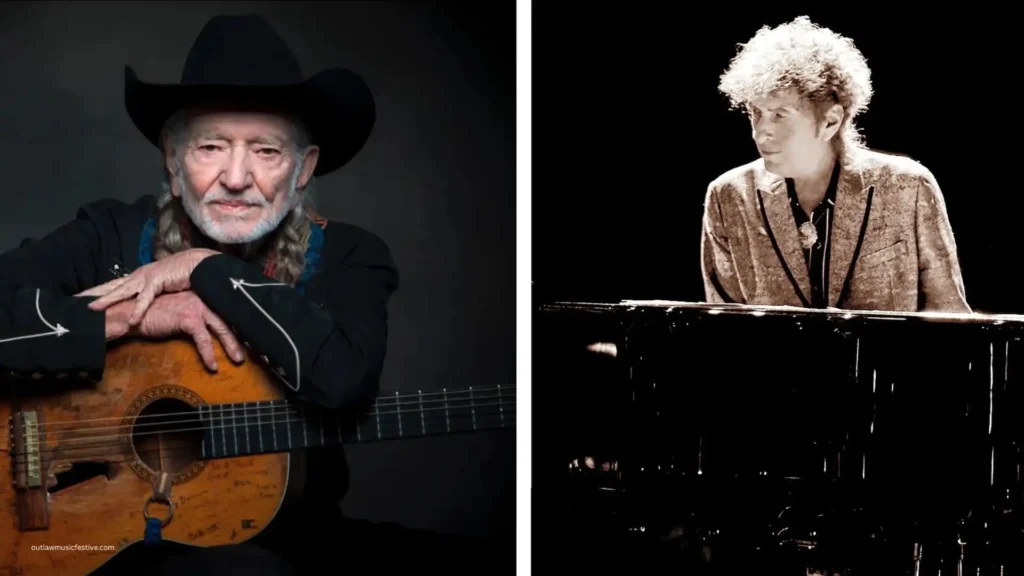
Willie keeps that legacy alive each summer, and Shooter has joined him on select runs over the past decade, either performing his own sets or standing in as producer-curator for various projects.
Expect the documentary to reignite interest in that lineage as the 2026 touring cycle approaches. Fans of the festival circuit know that these stories aren’t museum pieces. They’re living history.
What Comes Next for the Waylon Jennings Story
Based on current updates and recent industry chatter, here’s what appears likely in 2026:
- The Jennings documentary will move into deep production through next year
- A second posthumous album is expected before 2027
- Willie Nelson will remain closely tied to the project as long as filming continues
- Shooter is expected to tour select dates around releases, possibly returning to festival appearances
- The resurgence of outlaw storytelling — in music, film, and live touring — shows no sign of slowing
For Waylon fans, this marks the beginning of a long-awaited archival renaissance. For Willie devotees, it’s another reminder of the quiet strength with which he continues to shape the culture. And for anyone who cares about the real American musical story, this documentary stands to become a defining chapter.
